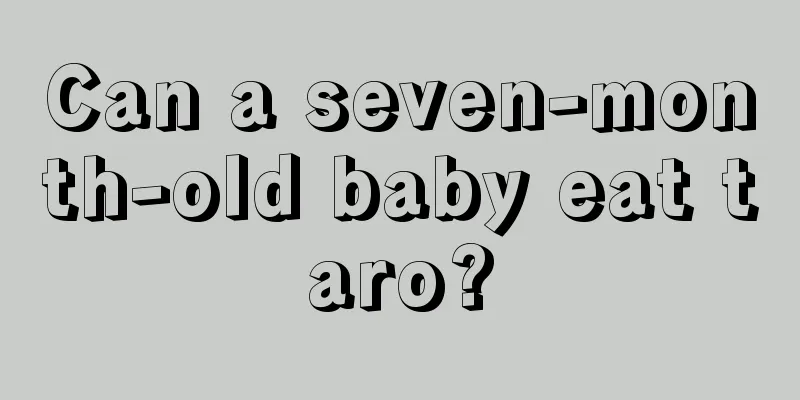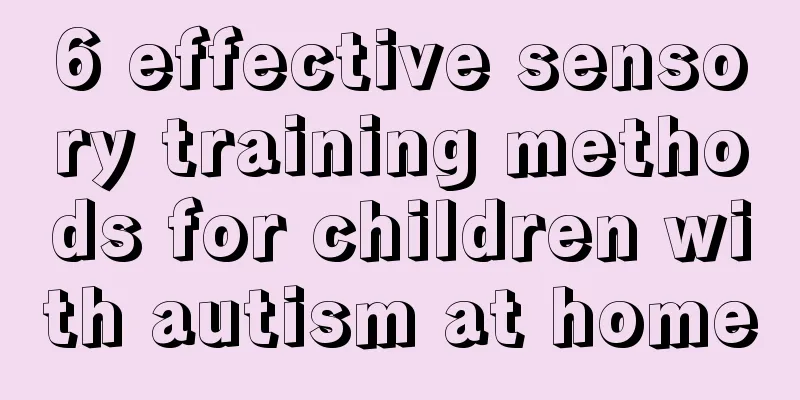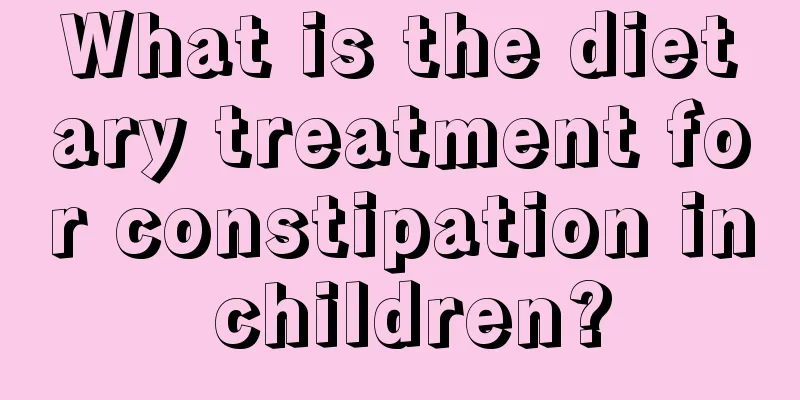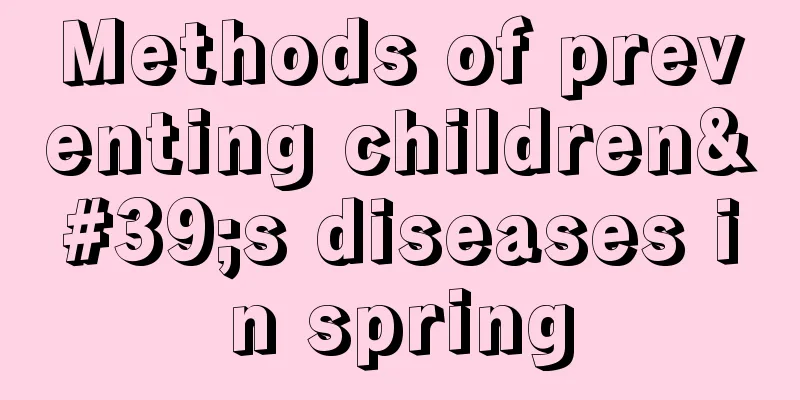The color of your stool as jaundice subsides
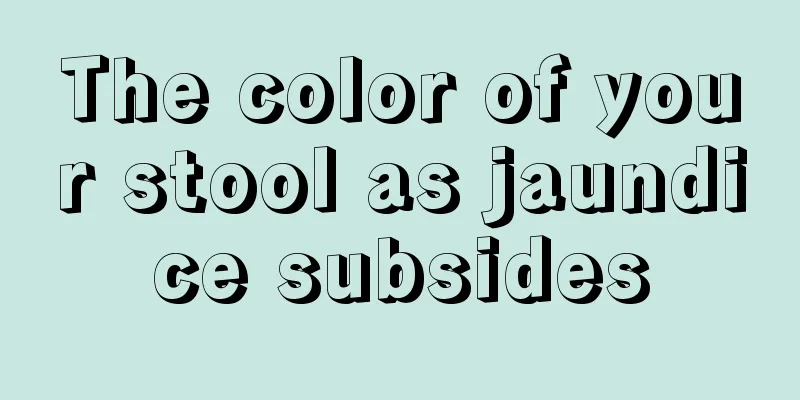
|
The color of stool will also change during the period when jaundice subsides. This is due to the influence of the disease. Many patients with hemolytic jaundice will find that the color of their stool will become darker during bowel movements, and even bloody stools may occur. This is quite critical. Not only that, the color of their urine will also become yellowish, darker than before. 1. Fever: Jaundice with fever is often seen in acute cholangitis, and is also accompanied by chills. Liver abscess, sepsis, and leptospirosis all cause moderate or even high fever; acute viral hepatitis or acute hemolysis often causes fever first, followed by jaundice. 2. Abdominal pain: Jaundice accompanied by severe colic or pain in the upper abdomen is often seen in bile duct stones, biliary ascariasis or liver abscess, primary liver cancer, etc. Viral hepatitis often presents with persistent distension and dull pain in the right upper abdomen; liver abscess or liver cancer may also present with dull pain or distension in the upper abdomen or right upper abdomen. 3. Skin itching: Jaundice accompanied by skin itching is often seen in jaundice caused by intrahepatic and extrahepatic bile duct obstruction (cholestasis), such as common bile duct stones, cancer or primary biliary cirrhosis, recurrent jaundice during pregnancy, etc. Some patients with hepatocellular jaundice may also experience skin itching, while hemolytic jaundice often does not cause skin itching. 4. The color of urine and feces: In obstructive jaundice, the urine is as dark as strong tea, while the feces may become lighter in color. When the bile duct is completely blocked, the feces are like clay. In patients with hemolytic jaundice, the urine is soy sauce-colored and the stool color is also darker; in patients with hepatocellular jaundice, the urine color is slightly darker and the stool color is light yellow. 6. Loss of appetite, upper abdominal distension, nausea and vomiting: People with viral hepatitis often have symptoms of indigestion such as loss of appetite, nausea, vomiting, upper abdominal distension, etc. before the onset of jaundice. Most patients also dislike greasy food. People who have long been averse to greasy food or experience right upper abdominal pain or colic after eating greasy food usually have chronic gallbladder disease. Elderly patients with jaundice accompanied by indigestion symptoms such as loss of appetite should consider cancer, which is often accompanied by progressive weight loss and even severe malnutrition. |
<<: How long does it take for baby jaundice to go away?
>>: What to do if your baby has jaundice
Recommend
How to treat tinea pedis in children
Tinea pedis is a very annoying disease that cause...
The color of your stool as jaundice subsides
The color of stool will also change during the pe...
The reason why there are fat particles on the baby's face
There are fat particles on the baby's face, a...
Why is the baby's skin red?
When we see a little life appear beside us, we wi...
The location and causes of headaches in children
When children have headaches, parents must pay at...
The difference between baby convulsions and shaking
Whether the baby is healthy or not is a topic of ...
What causes stomach pain in children?
When it comes to stomachache, most people may thi...
What to do if your child cries at night
It is very normal for children to cry at night. A...
How to regulate the frequency of bowel movements of a 10-day-old newborn?
Newborns have just come into this world and are s...
Herpetic pharyngitis in children
What parents want most is that their children are...
How many pills of anthelmintic should I take at a time?
I believe that most of us were very naughty when ...
What should I do if my child has indigestion? These methods deal with
If a child suffers from indigestion for a long ti...
How to treat vulvitis in little girls?
When it comes to vaginitis, people generally thin...
How much milk is appropriate for a baby to eat in half a month?
Without realizing it, the baby grows very fast. W...
Introduction to myocardial injury in children
After many children are born, it is difficult for...
